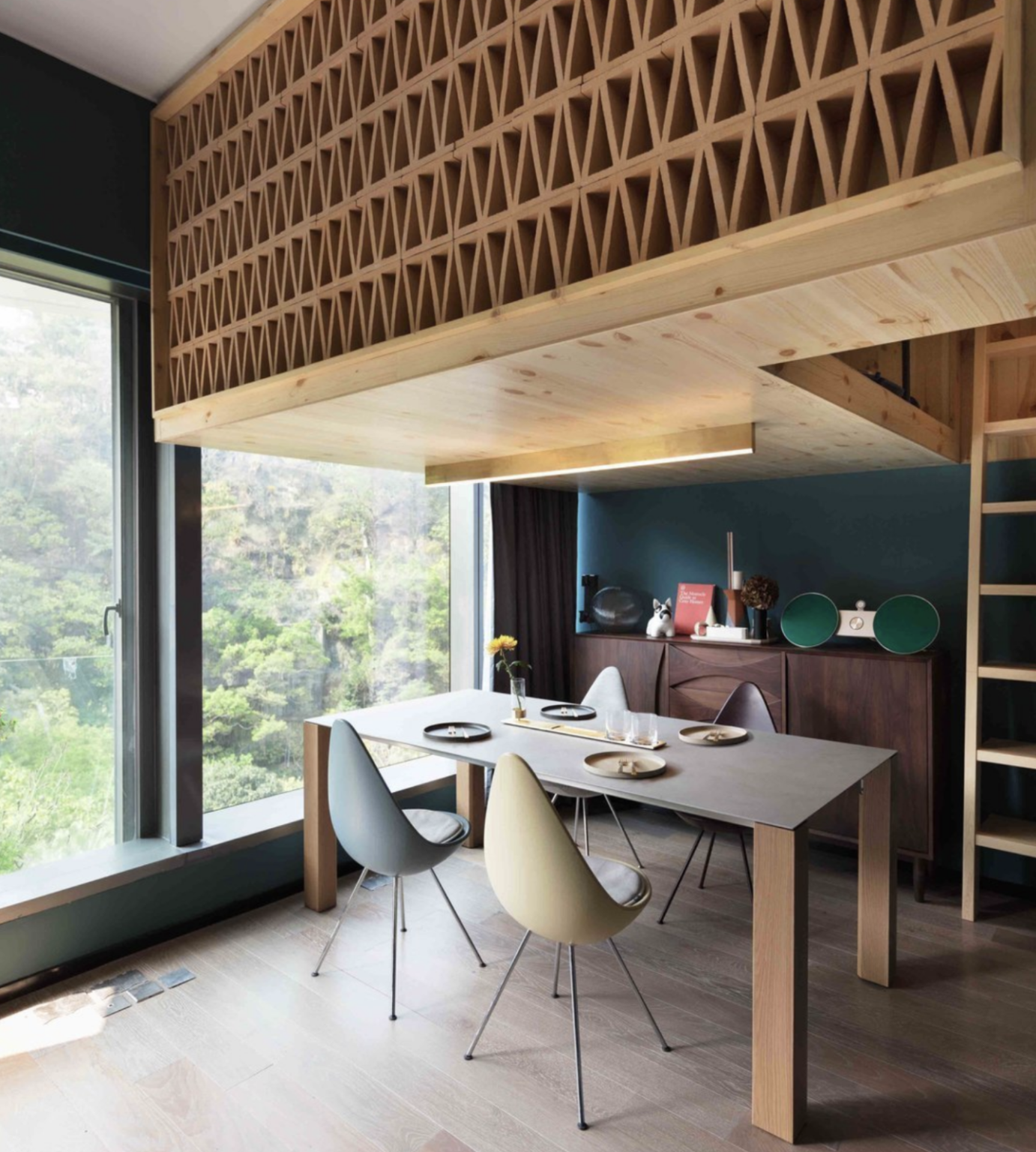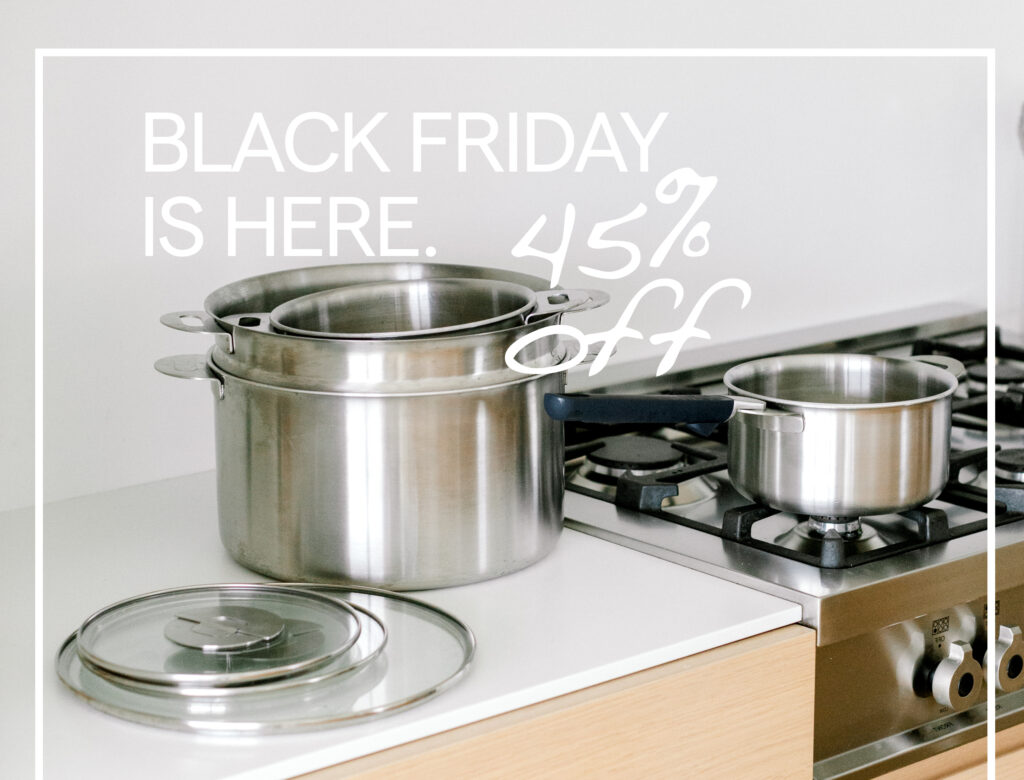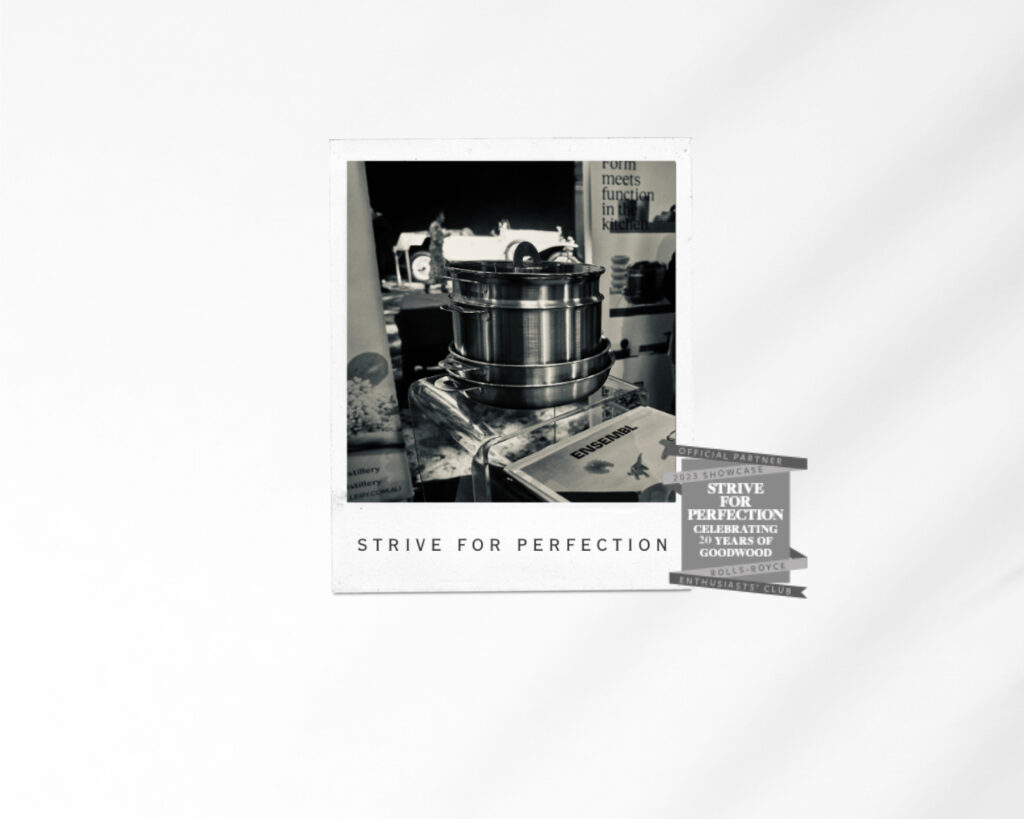This Hong Kong Life
No city encapsulates small space living better than Hong Kong. But how are millennials coping with the sky-high prices and small spaces?

Words:
Raj Mukherjee
Photography:
Rikki Chan
18. That is the multiple of median household income in Hong Kong an apartment sells for in the world’s priciest real estate market. Put differently, it would take an individual upwards of 30 years to pay off an apartment assuming nominal salary increases over the course of their career and assuming they live a long time with their parents, save everything they make, don’t have kids and yes, skip the avocado toast.
And it seems that Hong Kong millennials are on course to do just that. The CBRE says that 84% of Hong Kong millennials stay with their parents, the highest percentage in Asia and they save 33% of their disposable income compared to a global average of 20%. Since having one child can set you back by HK$5.5 million or HK$20,826 per month and the median annual income is HK$22,900, it is safe to predict that millennials are delaying and probably not planning to have any kids. And one can only suppose that it is a matter of time before brunching and avocado toast goes out of fashion as well.
Average or Ambitious – but out of necessity
The beauty of Hong Kong is that in this diverse bustling metropolis, one can find a sample size of individuals large enough to spin any story. So you have a study like this, which claims that Hong Kong millennials are very entrepreneurial and want to start and own their own businesses. And they you have other reports like this, which amass all Chinese millennials into a faceless homogenous whole, and claims that they are collectively looking to be just average. Are these contradictory?
If an apartment is 18 times median income, starting a business may be a way out of perpetual rent dependance. But are the motivations the right ones to make the new venture succeed and the new home a reality? And, if the average plain Jane or plain Joe never saw owning a house as a realistic option, can one blame them for choosing to be just average? Are both stereotypes simultaneously possible and making a virtue out of a necessity?
Being entrepreneurial or being average may just be the millennial response to a world order where power and influence is still welded by the Boomers and Gen X and Millennials are left holding the cheque for unsustainable pension plans, old age healthcare and bad economics.
Success = 490 square feet
What about the haves? The ones who have “made it” and have their piece of Hong Kong sky to call their own? Chances are, if you can afford one of these, you also are able to afford some of the clever interior design innovations that make these apartments tick and, frankly, liveable. For Winnie Chu, a town planner in Hong Kong, it took 16 years of home ownership, taking a career break, moving to temporary accommodation with her partner, while renovations were being done and an interior design firm to reimagine her 490 square foot home. Those are of course, no small luxuries. Inspired by Japanese minimalistic aesthetics and Marie Kondo’s clutter-free design philosophy, Chu was able to reimagine her space, and, her life.
Winnie admits that she spent well over HK$250,000 in buying custom made pieces that fit her space and hiring the design firm to make it work. Many millennials, probably look at these beautiful micro-homes and the cost associated them with a wry sense of irony. The thought that crosses their mind is perhaps, “So after we skimp and save, get into mortgage debt for the rest of our working careers, we still have to pay a year’s income to make our micro-home liveable”?
At the going rate of HK$100 for a high-end avocado toast, and assuming the decadent millennials eat the toast three times a week, they could afford the renovations needed to make it liveable in, oh let’s see, 16 years. So 30 years to payoff the home and another 16 to pay off the renovations, by the time the spendthrift millennial is ~75 years old, they should be ready to eat that avocado toast. And the retirement savings? Gen Z will take care of those, right? Right?


Co-living: A generational answer
No millennial seriously thinks that they need to spend HK$250,000 to make their apartment livable. Contrary to perception, growing up in the worst recession since the Great Depression and entering a job market where a living wage is considered a luxury, have made this generation far more practical. And when one looks for alternatives, usually there is an entrepreneur on hand to solve it.
Enter community living or co-living. The rise of co-living and co-working space is a generational shift in how we think of space – both personal and communal. And no we are not talking about bunk beds and shared washrooms. We are talking about spaces where one can still enjoy your own personal bedroom, work area and bathroom while sharing a community with like-minded travellers.
Co-living is growing exponentially in both the Chinese mainland as well as in Hong Kong where Millennials – looking for affordable housing and looking for a sense of community – gravitate to environments that represent a departure in every sense from how people have traditionally valued and approached personal space and home.
For a generation that values experiences, and not stuff, perhaps co-living and co-working could be the Millennial generation’s legacy to leave behind.
Boomers bequeathed as their legacy suburban living. Big homes that guzzled water and electricity, far from the city that required a lot of driving in cars that liberally burnt fossil fuels. They did not do it knowing that it was unsustainable. But they did it all the same. And in the process they created a disconnect from the planet and from each other.
If Millennials, beginning with those in Hong Kong and Mainland China, reverse the trend and turn towards more sustainable, more dense, urban living, which are designed to be more communal and more space and power efficient and that reduce both the cost of living and the cost to the planet, that is a good thing.
More Stories
-
 17.11.2025 | News
Black Friday Sale - 45% off everything *including Stackware*
17.11.2025 | News
Black Friday Sale - 45% off everything *including Stackware*
Our biggest (and only) sale of the year is here. Over $460++ off cookware. 45% off everything.*
-
 05.11.2023 | News
Celebrating with Rolls-Royce
05.11.2023 | News
Celebrating with Rolls-Royce
Bringing design, innovation, sustainability, performance, luxury, and craftsmanship together.
-
 01.11.2023 | News
Utility Patent Granted
01.11.2023 | News
Utility Patent Granted
The ENSEMBL: Stackware Removable Handle has received a utility patent.
Free shipping on all North American orders.